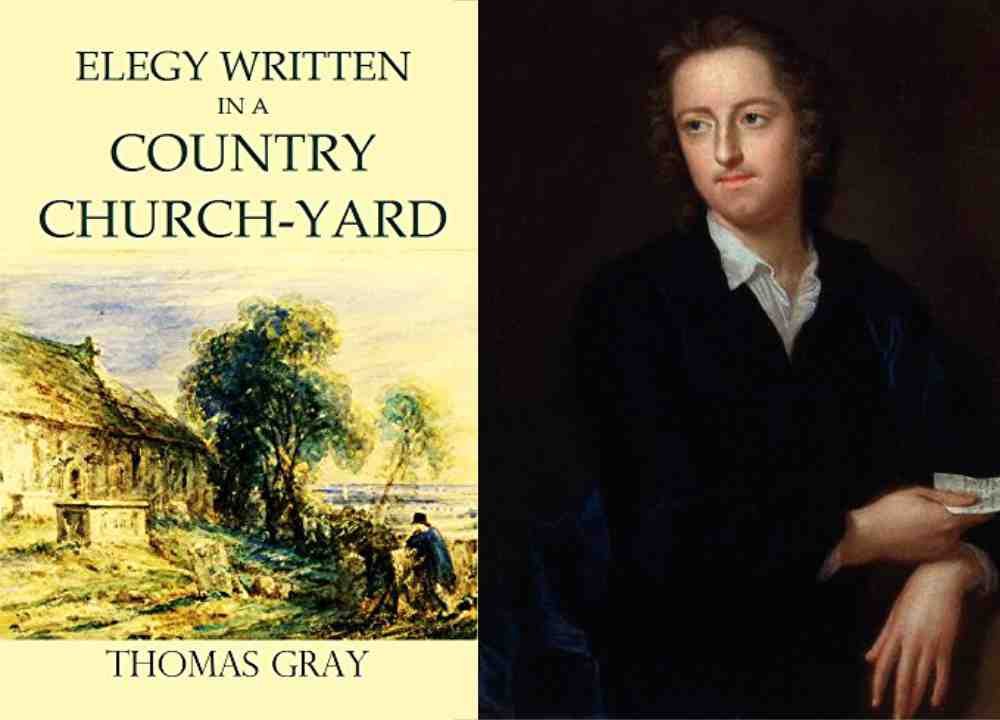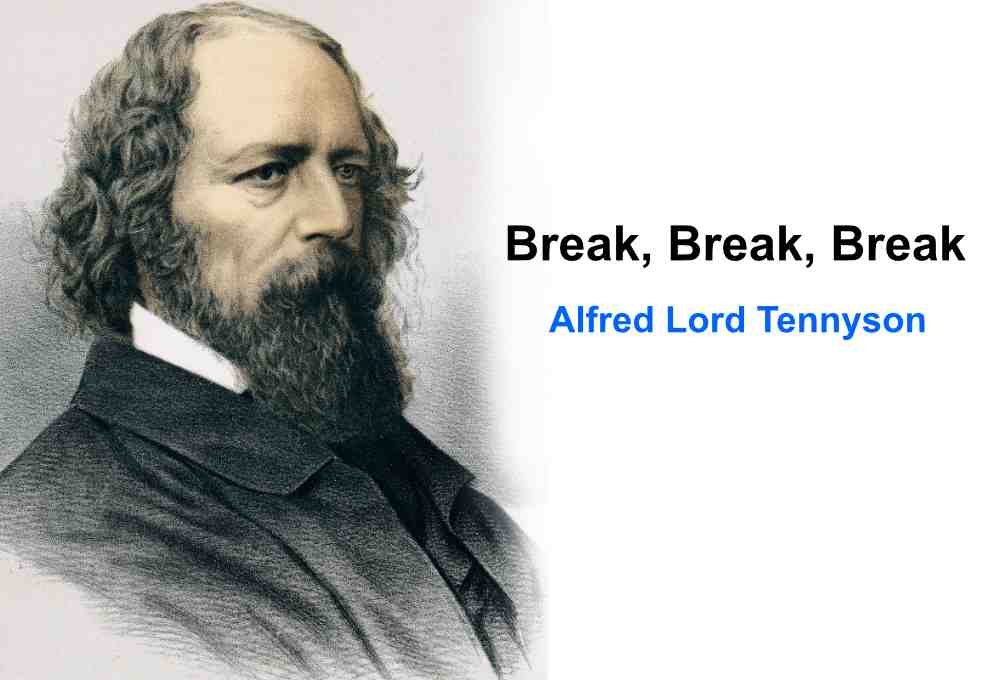William Wordsworth (1770-1850) was a leading figure of the Romantic movement in English literature, known for his innovative poetry that celebrated nature, imagination, and the human spirit. In this article, we will explore his life, works, and legacy and see how he embodied the ideals of Romanticism in his poetry.
Why Called William Wordsworth a romantic poet
Table of Contents
William Wordsworth is considered a Romantic poet because his poetry embodies the critical characteristics of the Romantic movement that originated in the late 18th century. The Romantic era marked a shift from the Enlightenment emphasis on reason and logic towards a celebration of imagination, emotion, and individualism.
Wordsworth’s poetry reflects this shift in several ways. First, his focus on nature is a hallmark of Romanticism. Wordsworth believed that nature was a source of spiritual renewal and inspiration, and he often wrote about the beauty and power of the natural world. He also saw nature as a teacher, offering insights into the human condition and our place in the world.
Second, Wordsworth’s poetry often celebrates the individual and the subjective experience. He believed that each person had a unique perspective on the world and that this perspective was valuable in its own right. This emphasis on the individual was a departure from the Enlightenment emphasis on universal truths and objective knowledge.
Finally, Wordsworth’s poetry often reflects a sense of nostalgia for a simpler, more innocent time. He was interested in the lives of ordinary people and often wrote about rural life and the traditions of the past. This emphasis on history and simple life is another characteristic of Romanticism.
Overall, Wordsworth’s poetry embodies the critical characteristics of Romanticism and is therefore considered one of the major poets of the Romantic era.
Early Life and Education
William Wordsworth was born in Cockermouth, a small town in the Lake District of northern England, in 1770. His father was an attorney, and his mother died when he was only eight. Wordsworth was educated at various schools and colleges, including St. John’s College, Cambridge, where he studied classics and literature.
The Lyrical Ballads and the Birth of Romanticism
In 1798, Wordsworth and his friend and fellow poet Samuel Taylor Coleridge published a collection of poems called the Lyrical Ballads. This groundbreaking work marked the birth of the Romantic movement in English literature. The poems in the Lyrical Ballads were characterized by their simple language, vivid descriptions of nature and rural life, and their focus on the inner lives of ordinary people. They rejected the formal conventions of eighteenth-century poetry and embraced a new aesthetic that valued individual expression, imagination, and emotional authenticity.
The Prelude and the Poetics of Memory
One of Wordsworth’s most famous works is The Prelude, a long autobiographical poem that he worked on for much of his life but never published. The Prelude is a masterpiece of Romantic poetry, combining vivid descriptions of nature with a deep exploration of the workings of the human mind. In the poem, Wordsworth reflects on his childhood experiences, travels in Europe, and relationship with nature and God. He also explores the themes of memory, identity, and the creative process.
Nature and Imagination in Wordsworth’s Poetry
One of the key themes of Wordsworth’s poetry is the relationship between humanity and nature. He believed that nature was a source of spiritual renewal and inspiration and that the human imagination could transform our perception of the world. Many of his poems celebrate the beauty of the natural world, from the majestic landscapes of the Lake District to the humble daffodil. Wordsworth also believed that the imagination could help us to connect with our inner selves and with others and that poetry was a way of expressing this connection.
The Power of the Sublime and the Limits of Reason
Another important theme in Wordsworth’s poetry is the idea of the sublime. The sublime refers to the experience of being overwhelmed by the power and grandeur of nature, and it was a common theme in Romantic poetry. Wordsworth believed the sublime was a way of transcending reason and connecting with a higher power. He saw the sublime as a way of experiencing the divine and recognizing our mortality and insignificance in the face of the vastness of the universe.
The Political and Social Dimensions of Wordsworth’s Poetry
While Wordsworth is primarily known as a poet of nature and imagination, he was also deeply engaged with his time’s political and social issues. He supported the French Revolution and the ideals of liberty, equality, and fraternity. He also believed that poetry could be a force for social change and help promote empathy and understanding between people of different classes and backgrounds. Many of his poems address social and political issues, such as poverty, injustice, and the plight of the working class.
The Legacy of Wordsworth: Influence on Later Writers and Poets
Wordsworth’s influence on English literature and culture cannot be overstated. His poetry transformed how people thought about nature, imagination, and the human spirit, and it helped lay the foundation for the Romantic movement. His innovative use of language and imagery, his emphasis on individual experience and emotion, and his commitment to social and political justice continue to inspire writers and poets today. Some of the writers who Wordsworth influenced include Samuel Taylor Coleridge, Percy Bysshe Shelley, John Keats, and Robert Frost.
Conclusion: Wordsworth’s Legacy and Relevance Today
William Wordsworth was a poet of immense talent and vision whose work continues to inspire and challenge readers today. His innovative use of language and imagery, deep connection with nature, and commitment to social and political justice make him one of the most important poets of the Romantic era. His legacy lives on in the work of countless writers and poets who continue to be inspired by his ideas and poetry.
What was Wordsworth’s view of nature?
Wordsworth viewed nature as a source of inspiration and healing and believed that it was intimately connected to human emotions and experiences. He celebrated the beauty of the natural world in his poetry and often used it as a metaphor for deeper spiritual or emotional truths.
How did Wordsworth’s poetry differ from other poets of his time?
Wordsworth’s poetry was distinct from other poets of his time in several ways. First, he rejected the formal language and structure of traditional poetry in favor of a more natural and conversational style. Second, he often wrote about ordinary people and their experiences, rather than focusing on the aristocracy or classical mythology. Finally, he placed a strong emphasis on the emotions and subjective experiences of the individual, rather than on objective reality.
What are some of Wordsworth’s most famous poems?
Wordsworth is best known for his collection of poems, u0022Lyrical Ballads,u0022 which he co-authored with Samuel Taylor Coleridge. Some of his most famous poems include u0022I Wandered Lonely as a Cloud,u0022 u0022Tintern Abbey,u0022 and u0022The Prelude.u0022
What is Romantic poetry?
Romantic poetry is a literary movement that emerged in the late 18th century in Europe and lasted until the mid-19th century. Romantic poets sought to express emotions, feelings, and personal experiences through their poetry. They also often focused on nature and the natural world, as well as the supernatural and the imagination.u003cbru003e
Who was William Wordsworth?
William Wordsworth (1770-1850) was a British poet and one of the most influential figures of the Romantic movement in English literature. He was born in Cockermouth, in the Lake District of northern England, and spent much of his life in the area. He is best known for his celebration of nature and his focus on the emotions and experiences of everyday people.u003cbru003e





